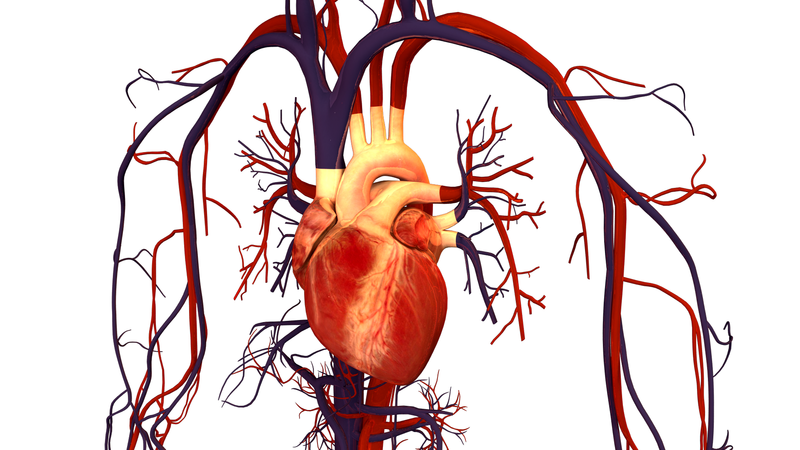Views expressed in opinion columns are the author’s own.
Doing something as simple as checking off a box on your driver’s license could be enough to give someone a second chance to live. So when the U.S. Health and Human Services Department reported that only 40 percent of Americans are organ donors, it’s perplexing. Why would anyone who is physically capable of donating organs actively choose not to help those with terminal illnesses? There’s a large group of patients who desperately need transplants; about 22 Americans die every day waiting for organ donations.
Given the urgency, we must change our attitude toward organ donation and consider it a civic responsibility. While thinking about one’s own death may be unpleasant, it is a fate that awaits us all. So why not take an unfortunate yet inevitable event and transform it into something that positively affects someone else?
Unfortunately, several myths surrounding organ donation may be driving away potential organ donors.
Some believe hospital staff do not work as hard to save an organ donor’s life because they are eager to profit off of using their organs for a transplant. The fact is, the medical staff treating someone who is an organ donor is separate from the transplant team. Keeping the two factions independent negates the misgiving that once a patient is identified as an organ donor, he will be more valuable to the hospital dead.
Another concern for people who do not choose to become organ donors is the possibility of falsely being declared dead. Despite the sensationalism surrounding this particular topic, the truth is doctors perform extra tests on patients who are organ donors compared to those who aren’t, so that there’s no doubt before organs are harvested.
Furthermore, contrary to what one might expect, being an organ donor does not impede someone from having an open-casket funeral. There are protocols in place so that even after organs have been removed, the body can still be presentable and properly clothed for a funeral.
It’s important for all of us to keep in mind that anyone can be an organ donor no matter their age or health condition. While doctors do decide if someone’s organs are viable for transplant, they can’t make that call if there is a lack of organ donors. This is why it is crucial for more people to consent to donating their organs after death, even if they have doubts about their physical condition.
If we wish for more organ donors, we should also look to the law. If we adopt an “opt-out” policy like Wales, then we would undoubtedly save many more lives. The opt-out policy assumes that every citizen consents to being an organ donor, unless they formally decline, or “opt-out.” By instituting this policy, Americans would still have the choice to decide what happens to their bodies posthumously, but perhaps being an organ donor would become the norm, not the exception.
Asha Kodan is a freshman biology major. She can be reached at ashakodan@ymail.com.



